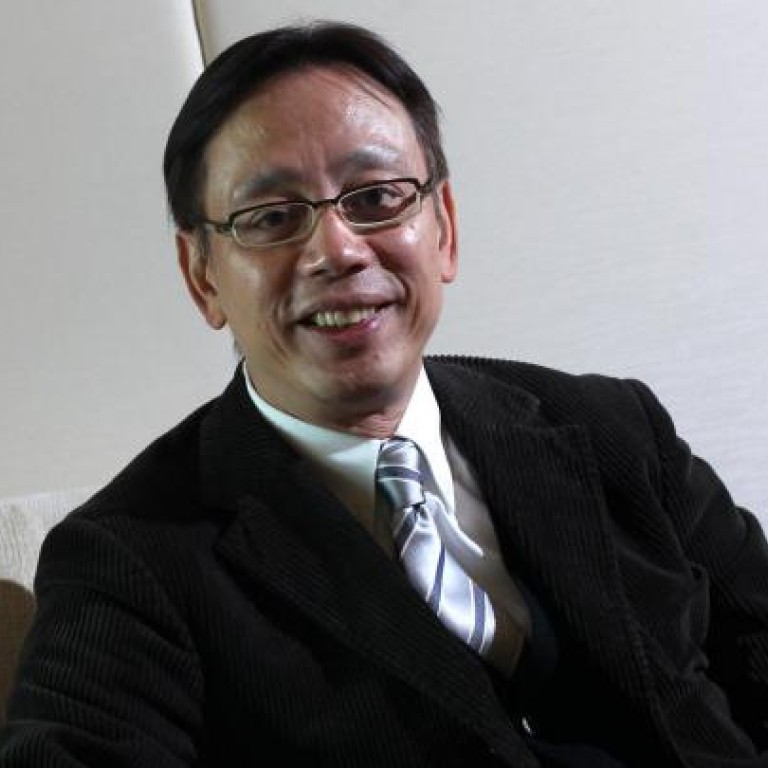
Housing Society seeks help to rehouse tenants while it rebuilds estates
Housing Society says it's got the funds to rebuild its ageing estates but with no temporary homes for residents its plans have hit a brick wall
The Housing Society is seeking help to rehouse residents from its old public estates while it redevelops them, as it struggles to complete a plan that is expected to yield thousands of new homes.
It says the lack of vacant flats for temporary relocations is the main obstacle to redevelopment of public housing - despite this approach being highlighted as a way to increase supply in Leung Chun-ying's policy address.
"We have enough capital to rebuild six to eight estates in the next 15 years. But without the empty flats, we cannot just force the tenants out. It's making it difficult to complete the scheme," said Wong Kit-loong, chief executive and executive director of the society.
The society was founded by community leaders in 1948 to share the task of building low-cost homes. The Housing Authority also provides public housing. But eight of the society's 20 rental estates are now either over, or nearly, 40 years old - accounting for almost 15,000 flats.
Wong said although the ageing estates had been maintained, they were not economical. Most of the estates were built at a plot ratio of three to four. If rebuilt at a plot ratio of six, they could yield 60 to 70 per cent more flats than the existing sites, taking building height restrictions into account.
For example, the 51-year-old Yue Kwong Chuen in Aberdeen could yield an extra 1,300 flats on top of the existing 1,143, based on a plot ratio of six and a flat size of 400 sq ft. But without flats in the district to shift residents to, it will be difficult to start the project this year, Wong said. "Tenants tend to be reluctant to move to districts far away from their old homes because their children go to school there and they work nearby. This means temporary housing needs to be somewhere close," he said.
The ongoing redevelopment of Ming Wah Dai Ha in Shau Kei Wan has been delayed, he said, because many tenants insisted on being rehoused at the same site. That meant the project was separated into smaller phases, to reduce the number of tenants being affected at one time.
The society has requested new sites to accommodate tenants moving out of the old estates. But the government, itself struggling to find land, rejected its request for a site in Kai Tak.
So a second option is being explored - a partnership with the Housing Authority. Of the society's 15,000 flats, only about 300 are empty. The authority, however, has about 722,000 flats - and 4,300 of them are available.
Wong said the authority could help it to relocate residents from the Aberdeen estate to one of its sites in the Southern District - including Wah Fu Estate, which is also to be redeveloped.
"A few hundred flats would be enough because we can split the project into phases," he said.
And in Kowloon, the authority could "lend" its new Kai Tak flats to the society to rehouse tenants from its three estates in Kowloon City, Ho Man Tin and Ngau Tau Kok. He said when the society's estates are redeveloped it would return the favour, giving new flats to the authority for tenants while it redeveloped its own sites.
Housing Authority member Michael Choi Ngai-min said a partnership would be desirable "in the long term". "But … [we are] under great pressure to shorten the waiting list and all new flats will be allocated quickly," Choi said. There are more than 210,000 applicants on the waiting list for public housing.

